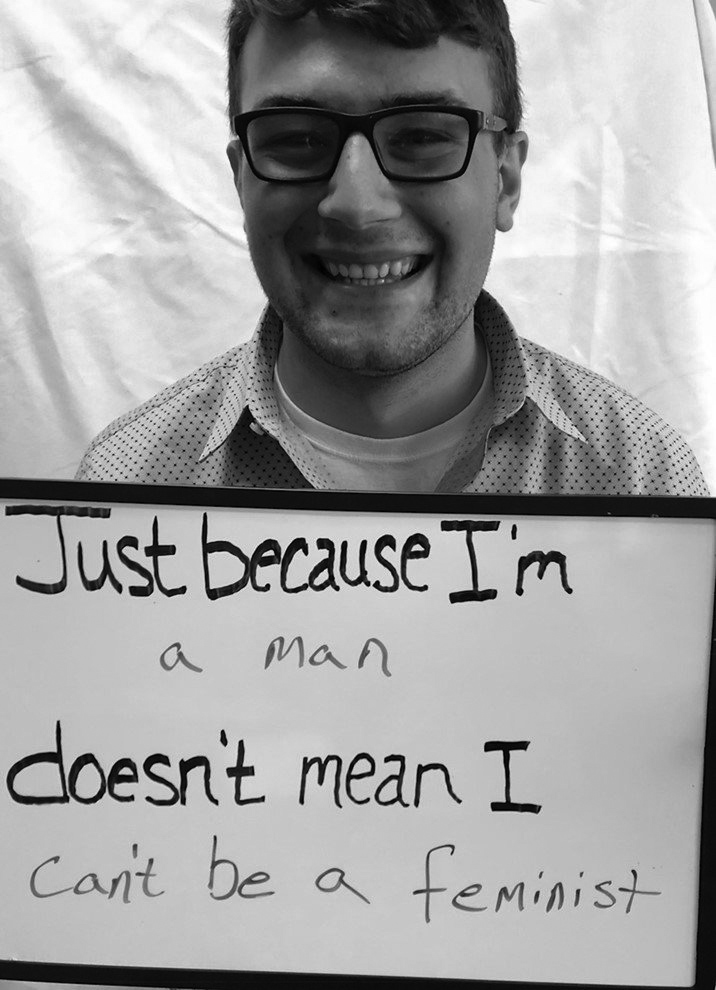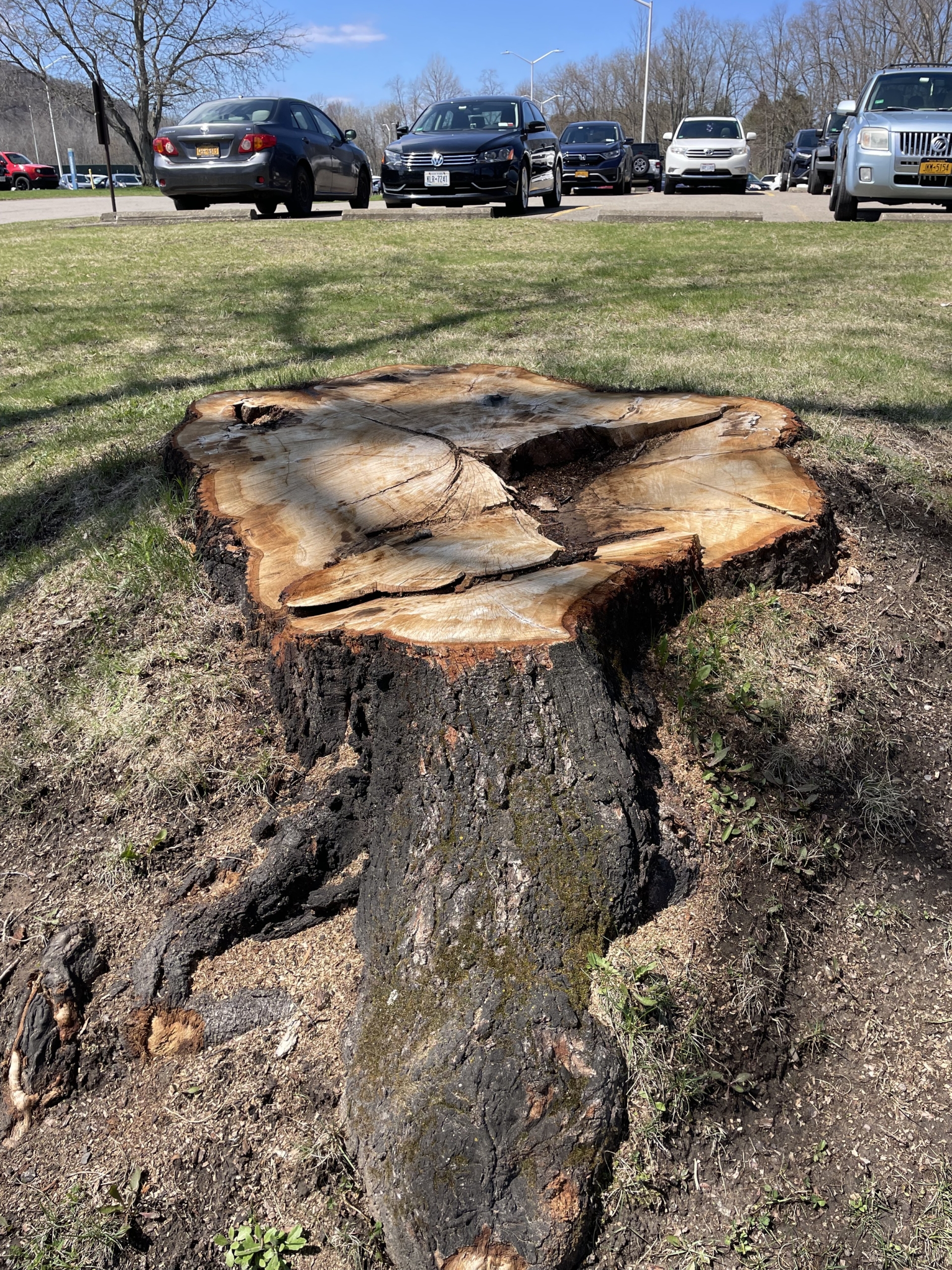St. Bonaventure University has decided to directly address women’s issues. A panel was put together for the program BonaBrave to discuss several topics pertinent to women’s rights, with specific emphasis on feminism.
On Tuesday, Oct. 17 a collective of university scholars from various backgrounds and focuses got together for this conversation. The panel was moderated by Dr. Pauline Hoffmann, an associate professor of the Jandoli School of Communication.
The panelists consisted of Sister Margaret Carney, O.S.F., S.T.D., the President Emeritus of St. Bonaventure and a member of the Franciscan Sisters of the Neumann Communities, Soquania Henry, a senior with a customized major of well-being in unjust societies, Dr. Jean-Francois Godet-Calogeras a professor in the School of Arts and Sciences and Dr. Kimberly DeSimone, an SBU assistant professor of marketing.
“There’s a lot of definitions of feminism and there are a lot of threads that tie between the definitions,” said DeSimone. “Bell Hooks in 1984 described feminism as ‘a movement to end sexism, sexist exploitation and oppression.’”
DeSimone went on to discuss how she liked this quote as it doesn’t claim that men are the enemy and it points out the true issue that needs to be combatted: Sexism.
“I think there’s been a huge change since the word [feminism] became a sort of an emblem or a banner and I’m tracing that to perhaps the modern movement of feminism that came right on the heels of the Civil Rights movement,” said Carney, who received her doctorate in theology. “I would say that there has been an enormous change precisely because so many persons, women and men, have worked very, very hard at the agenda of the full inclusion of women. Whether it’s in the area of health or education or law or politics the persons who have been, shall we say, the real guerillas of trying to move that agenda forward have basically changed, I think, the tone of the conversation over time.”
Carney then said there are still sections of society where the word “feminism” is not greeted with a positive response. She then said that she believes acceptance of the word has grown as a necessary component to improve society.
“For me, I feel like feminism in a way pushes me forward as far as knowing all of the success that has happened in the past like women being able to be proud of being a part of the continuing movement,” said Henry.
Henry also said she could see how people would view feminism poorly, as some of the more high-profile or well-known cases that can be seen are of radical feminism that perpetuates negative stereotypes.
The panel then began to address obstacles to the feminist movement.
“One of the horns of the dilemma on which we sat is that because radical feminism included a desire to make sure that the legal right to abortion was sacrosanct, persons holding the Catholic position of a moral abhorrence of abortion needed to separate that two and that’s not easy to do in public parlance,” said Carney.
Carney then went on to discuss how the difficulty of separating these two causes made the Catholic sisters have issues with misrepresentation of their goals and purpose.
Widening their view, the panel was asked to compare feminist movements outside the United States to the current domestic movement. Godet-Calogeras, being originally a European citizen, addressed this query with firsthand knowledge.
“I think that on both sides of the Atlantic Ocean and probably beyond, there is a very old history of a society that is run by men, and when I was growing up in Belgium, it didn’t necessarily look at an oppression of women by men, it was just the reality that the show was being run by men,” said Godet-Calogeras, who has had extensive research in early Franciscan history. “Things have been changing, and I am glad. I remember when for the first time in the Belgium government there was a woman minister.”
He continued by saying that not all of the problems that feminism is trying to address were solved.
The BonaBrave program has many forums in which to get in contact with them to add to the discussion. The program leaders have set up a website at the URL bonabrave.com and social media accounts on Twitter and Instagram have been set up to facilitate student and faculty participation.
By Landon Allison, Staff Writer
allisolj17@bonaventure.edu




